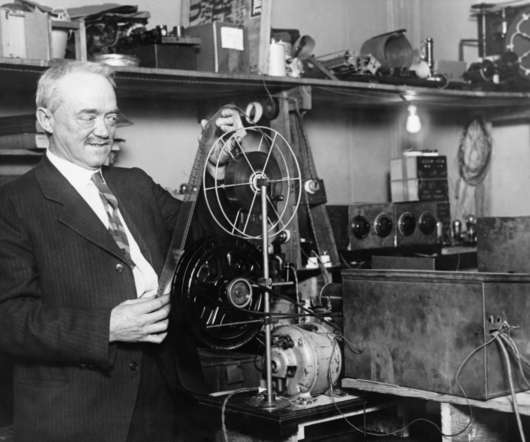Information Asymmetry: The Informed Minority Advantage
Doctor Spin
JANUARY 16, 2024
Stiglitz, who won the Nobel Prize in Economics in 2001 for analysing markets with asymmetric information. Information asymmetry negatively impacts performance in goods settings and positively in services settings, while information sharing has stronger favourable effects in consumer markets and is weaker in relationships over 6 years old.”










Let's personalize your content